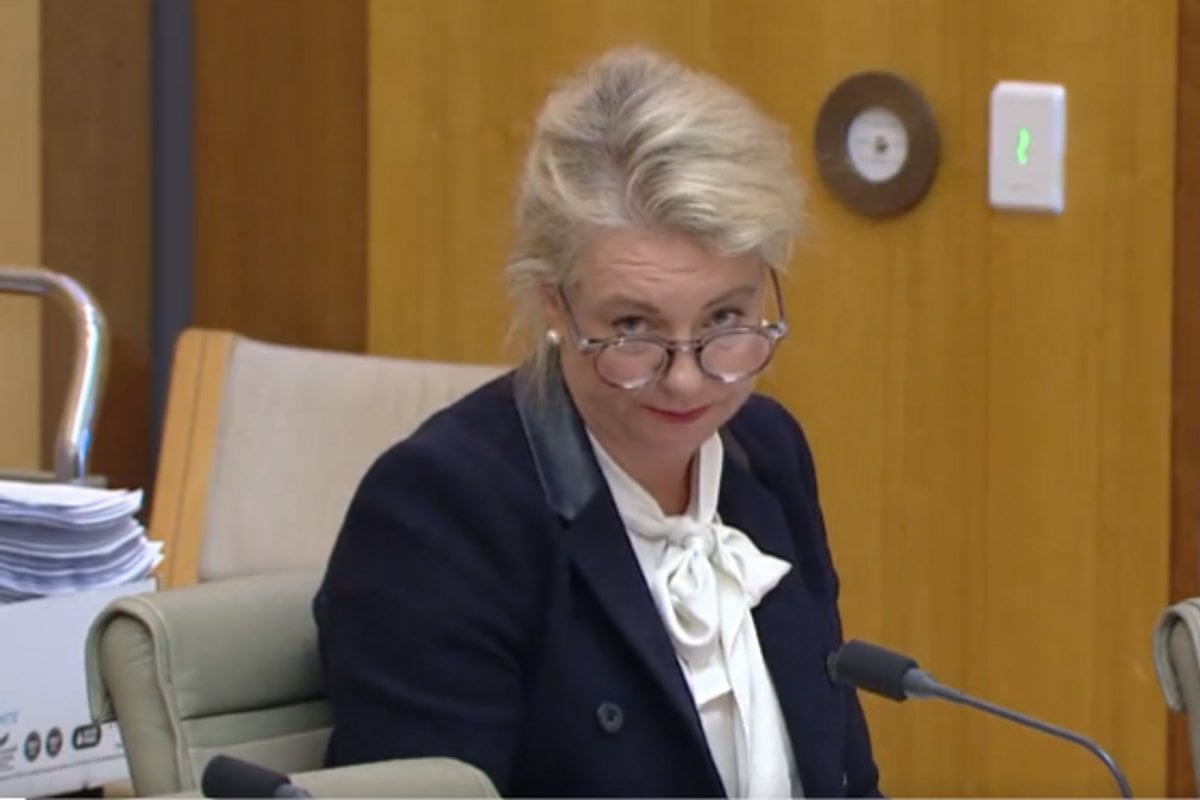
Allegations of a so-called “Hotties List” ranking female participants of a government graduate program by their attractiveness, have been revealed.
The list was allegedly created by male junior public servants in the Department of Infrastructure and Transport program, of which two thirds of the 35-strong cohort are men. Most graduates are under 30, with many holding post-graduate and PhD qualifications.
While an independent investigation was unable to substantiate the “degrading” list, department secretary, Jim Betts, said that didn’t mean it didn’t exist.
“This relates to allegations which were made ... that certain male members of the graduate cohort had assembled a degrading list of women which assessed them by their so-called hotness, which is just a disgusting phrase that I hate to have to mention,” Mr Betts told a Senates estimates committee, when grilled by Nationals Senator Bridget McKenzie.
Betts revealed the details of the list after Senator McKenzie asked him if the phrase “hotties list” meant anything to him. She said the “concerning” practice of ranking women belonged in the '80s.
Male graduates in DITRCA allegedly compiled a "hotties list" that rated female graduates' sexual attractiveness. The secretary, Jim Betts, says he'll apply the most-severe sanction — sack those responsible — if the allegation is proved. pic.twitter.com/EZ12nrY8zX
— Markus 🎲 (@MarkusMannheim) October 23, 2023

Top Comments